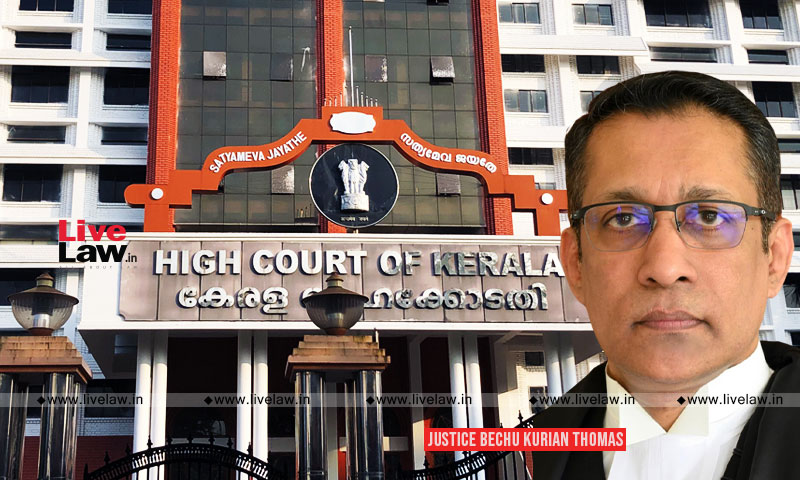Police Officers Entitled To Use Necessary Force To Arrest Fleeing Accused: Kerala High Court
Hannah M Varghese
27 July 2022 10:23 AM IST

Next Story
27 July 2022 10:23 AM IST
The Kerala High Court on Tuesday ruled that police officers are entitled to use necessary force to arrest an accused while discharging their official duty, particularly when they are pursuing a fleeing accused. Justice Bechu Kurian Thomas also added that while using such force, if any injury is caused to the accused, it does not mean that the officer was not acting in discharge of his duty....
